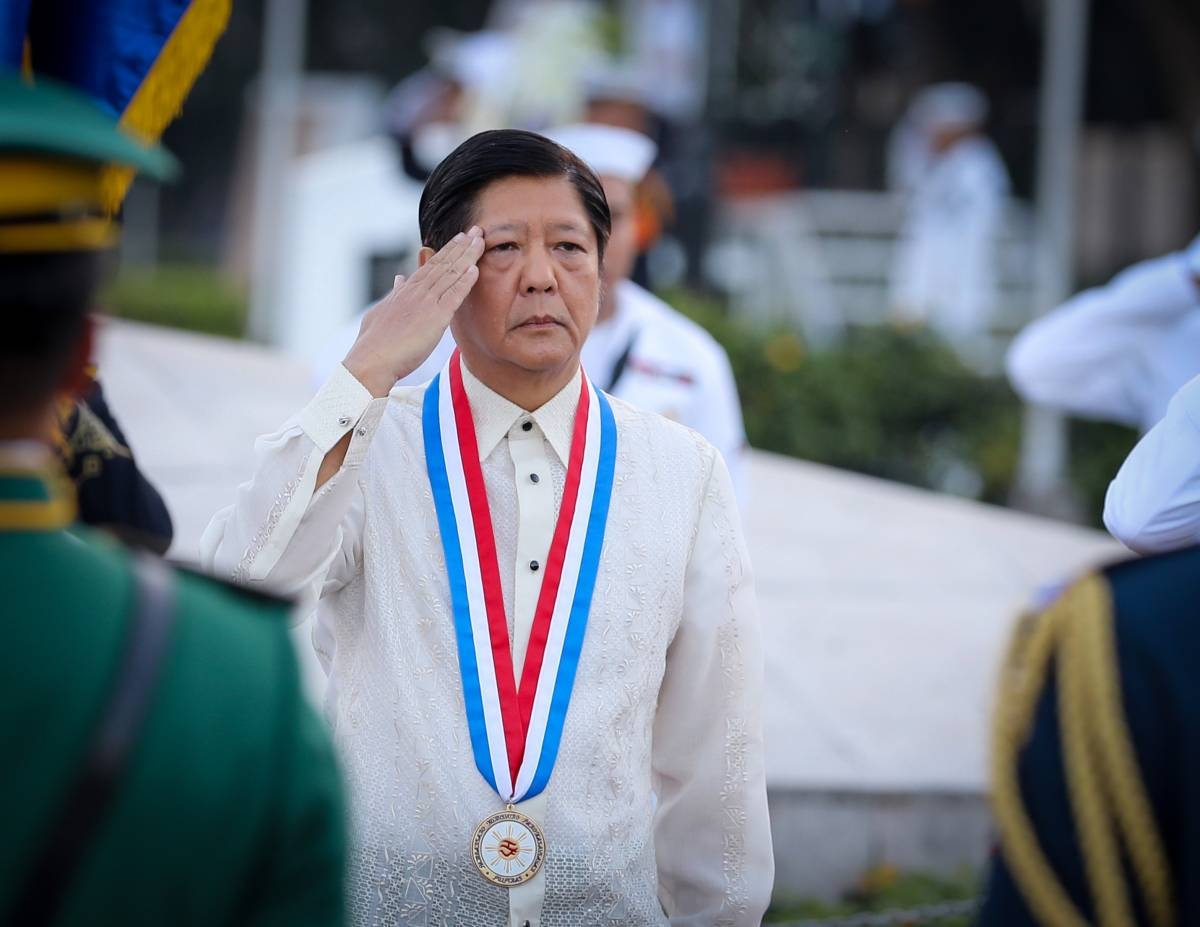MANILA, Philippines: The Philippine government is actively working towards removing the country from the money laundering “grey list” of the Financial Action Task Force (FATF) this year, according to the Anti-Money Laundering Council (AMLC). This move comes as President Ferdinand Marcos Jr. directed all concerned agencies to address and resolve the issues leading to the grey listing of the Philippines.
During a sectoral meeting in Malacañang on Tuesday, AMLC Executive Director Matthew David highlighted the government’s high-level political commitment to combat money laundering. He stated, “The President has reiterated the government’s high-level political commitment and directed all government agencies concerned to swiftly address the remaining strategic deficiencies identified by the FATF in relation to the grey listing of the Philippines.”
The FATF had set a deadline of January 2023 for the Philippines to address the identified deficiencies. However, as the deadline was not met, the country remains on the grey list. The Philippine government now aims to exit the grey list by January 2024, despite it being a self-imposed deadline. There is optimism that the necessary measures will be taken to meet this goal and regain a favorable status.
In 2021, the FATF placed the Philippines on the “grey list” of countries subject to increased monitoring for money laundering and terrorist financing. This designation serves as a warning to the international community about potential weaknesses in the country’s anti-money laundering and counter-terrorism financing efforts.
Being on the grey list can have significant implications for the Philippines. It can lead to increased scrutiny from financial institutions and may hinder foreign investments. Additionally, it can affect the country’s reputation and credibility in the global financial system.
The Philippine government recognizes the importance of addressing these concerns and is taking proactive steps to strengthen its anti-money laundering measures. By doing so, it aims to demonstrate its commitment to combating financial crimes and ensuring the integrity of its financial system.
Money laundering poses a significant threat to the global economy, as it enables the illicit movement of funds derived from criminal activities. It undermines the stability and fairness of financial systems, allowing criminals to profit from their illegal activities. International bodies like the FATF play a crucial role in setting standards and monitoring countries’ compliance with anti-money laundering measures.
The grey listing process involves a comprehensive evaluation of a country’s anti-money laundering and counter-terrorism financing framework. It identifies any weaknesses or gaps that need to be addressed to ensure effective prevention and detection of money laundering activities. Once a country is placed on the grey list, it must take immediate action to rectify the identified deficiencies.
The Philippine government’s commitment to addressing these deficiencies is a positive step towards improving the country’s standing in the global fight against money laundering. It shows a willingness to cooperate with international bodies and align its practices with global standards.
Efforts to enhance anti-money laundering measures should not be limited to regulatory changes alone. It is crucial to strengthen collaboration between law enforcement agencies, financial institutions, and other relevant stakeholders. This multi-sectoral approach ensures a comprehensive and coordinated response to combat money laundering effectively.
The Philippines has made progress in its anti-money laundering efforts over the years. The enactment of the Anti-Money Laundering Act in 2001 and subsequent amendments have provided a legal framework to combat financial crimes. The establishment of the AMLC as the country’s financial intelligence unit has further strengthened the capacity to detect and investigate money laundering activities.
However, there is still work to be done to address the remaining deficiencies identified by the FATF. The government’s commitment to swift action and the cooperation of all concerned agencies are crucial in achieving the goal of exiting the grey list.
In conclusion, the Philippine government’s determination to remove the country from the money laundering “grey list” is a positive development. By addressing the identified deficiencies and strengthening its anti-money laundering measures, the Philippines aims to regain its credibility and reputation in the global financial system. The collaborative efforts of all stakeholders will be instrumental in achieving this goal and ensuring a robust and secure financial environment.
Source: The Manila Times








